6 Reasons You Shouldn’t Should Be A Firefighter
Recently I wrote a blog post about 5 reasons you should be a firefighter, and it was great. A lot of positive feedback from that post, and it is a good resource for people looking to get into the fire service. Today I want to take the opposite turn. Have you ever worked with a person you know should have either left that job, retired or shouldn’t have ever gotten into that line of work from the jump? There are a lot of great people in the world, but sometimes their reasons to get into something is not enough for the long term effects of working in a particular field. What are 5 reasons you shouldn’t be a firefighter?
If you are new and getting into this industry, you should not be getting into this if you 1) do not like to work with people, 2) you have no patience, 3) you’re in it for the money, 4) you have a fear of heights, 5) you are claustrophobic. There are many other reasons that can apply, but I am going to go a bit deeper on each of these 5.
When I first got into firefighting and EMS, a Paramedic FTO I had with an ambulance company I was with, would have take the lead on just about every call, both ALS (Advanced Life Support) and BLS (Basic Life Support). The FTO would start IVs for me and do the necessary things that were out of my scope of practice, but I would still be responsible for all the patient contacts, reports and hand off reports to the ER staff. The reason my FTO did this is to get me used to interacting with people I have never met, who most of the time are in one of the worst moments of their lives. My FTO explained to me that I needed to know how to keep myself composed and leave a positive contact with the patient, no matter how bad the call was, or even how rude the patient was. This leads me to my first point
You Don’t Like To Work With People
Have you ever encountered a person working in any kind of job where they have to interact with the public, and they are just so rude? Think about how that made you feel about that person and that business. You ever go through a fast food drive through and as soon as you start telling the employee your order, they get very snarky or very disrespectful, and then you, as a normal person, will label that establishment as the place where all those rude people work.
This perception of horrible customer service is not only limited to the food industry, it applies to all industries that work with people. Public safety organizations are also subject to these perceptions, and they tend to take it much more seriously than many private businesses. Police & Fire departments both will not take the discreditation of their agency lightly, at all! Leaving a positive impact on every person you encounter as a firefighter, police officer, EMS provider is almost just as important as the service we provide to the public. Playing with an agency’s public perception will result in the agency playing with your money.
In today’s environment, just think about how public perception has changed the world for police officers. At one point in time, it was viewed as a very prestigious career to have, but now the public perception for the most part is that police departments are intentionally looking to harass or brutalize minorities. No matter your view on this topic, it does not change why public perception is so important to public safety agencies. If you cannot be depended on to present a positive contact with every person you meet while representing your department, good chance you will not be representing that department pretty soon.
You Have No Patience

As firefighters, we tend to do a lot more medical/EMS calls than we do fire calls. Even car accidents can be a mixture of both a fire call and a medical call. It is absolutely essential that you have patience with each and every patient you come in contact with. This ties in with the last point I made about public perception, and how it is your duty to represent your department well.
Remember the story about that EMS FTO I had near the beginning of this article? Well some of the things I had to learn with all of those patient contacts was patience. There are many times where it can be easy to become frustrated with a patient from repeating a question, or repeating an answer that the patient keeps asking, and you keep answering accordingly. It is important that you are able to maintain your professionalism and patience with everyone you meet.
You’re In It For The Money

Another reason you should not be a firefighter, or honestly even a first responder is if you are trying to get rich from it. Depending on where you live, one jurisdiction, state, county or parish may have certain wages for firefighters, while others may be completely different. Some places pay their firefighters’ minimum wage, we’re talking like $12 an hour while other places may pay around $25 an hour. Just be aware that there is always a balance. The city or the county that you work for, or would like to work for have to balance fire department operational costs and pay you without going bankrupt. So if the jurisdiction you work for suddenly needs to cut costs, it would be unreasonable for them to cut operating costs for the fire department, but it would be reasonable to lower your pay or even their contribution to your pension.
You see similar wages or worse for those who work in strictly EMS companies and not fire-based EMS. From what I’ve seen, you usually have a for-profit ambulance company and non-profit ambulance company. Some of the ambulance companies in major cities here in WI pay their EMTs at around $17 and as high as $25 for Critical Care Paramedics, and everything else in between. If an ambulance is not a for-profit company, expect wages to be much lower, because just like a fire department, ambulance companies have operating costs that need to be covered.
Your’e Squeamish About Body Fluids

Do you faint or vomit at the sight of bodily fluids like blood, urine, feces or vomit? I’m telling you this just might not be for you. In almost 70% of medical calls that i’ve gone on, especially when dealing with the elderly population, it’s common to encounter people who are incontinent. This is why body substance isolation (BSI) is so important in EMS. You don’t want other people’s bodily fluids in contact with you. You don’t know if people have highly contagious diseases or infections.
With the younger population, it is common to deal with patients covered in vomit or blood. This is especially true around game days, or weekends by the bars. It is common to get a call for people who got silly drunk and are passed out or unresponsive. If the same patient was involved in a physical altercation, now you will likely be dealing with both blood and vomit, maybe even urine and feces if unresponsive.
I’m not saying we are all immune to those bodily fluids. Plenty of firefighters will throw up, dry heave or gag at the site of gross things or smells. Especially smells. A degree of tolerance is necessary in order for you to do your job effectively.
You Have A Fear Of Heights

It is also very common to be climbing ladders during structure fires, or even be suspended in mid-air during a technical rescue. I don’t think anybody enjoys being suspended up in the air, or being at the top of a ladder knowing if you were to fall, it’s likely things would not end well for you.
As a heavyweight myself, I have a degree of “less fear” when I’m on a ladder because I know I have another firefighter at the bottom of the ladder. It is important to know how to be safe when climbing or descending a ladder, especially with equipment.
I think what helped me personally, was that I used to work for Dish Network at one point in my life. I had to learn to cope with climbing 24-38 foot ladders, by myself while holding an entire dish and all of my tools. Learning how to properly stabilize and anchor a ladder can and will save your life.
As a firefighter, you will be going up and down ladders with equipment and victims. Start getting comfortable with being very uncomfortable.
This takes me to my last point.
You’re Claustrophobic

I never considered myself to be claustrophobic in any way shape or form, that was until I ran through a bottle of O2 for the first time during a training exercise. Needless to say, I was pretty uncomfortable to the point that I did a BIG no-no. I took off my mask when I panicked and was gasping for air. Had I done that inside of a structure fire, or even a hazmat incident, I could’ve easily been killed within a couple of breaths from smoke inhalation.
In order for you to survive and not become a hazard to the rest of your team, if you were ever to find yourself in a situation like that is to become comfortable being uncomfortable.
The reason you panic when you feel you have a little bit of oxygen is because of your body’s way of warning you that you need oxygen, like right now! Your body has these specialized receptors that detect the amount of CO2 and O2 in your blood. The body wants balance with everything. If those receptors detect too much CO2, your nervous system will kick in the respiratory drive (forced to breathe in) and if your O2 is too high, you’ll begin to cough and have trouble breathing since too much O2 can cause lung damage! ( Crazy, I know).
When I was first getting into the fire service, I bought one of these training masks. I would do very strenuous activities with the mask on, and then catch my breath with the mask still on. Doing this increased my body’s tolerance for high levels of CO2, and I was able to remain a bit more calm.
If you cannot cope with the thought of not having enough air to breathe at any given moment, trust me, this is not what you want.
Just know, I didn’t even mention the fact that you will have to maneuver through such tiny spaces, that sometimes you need to unstrap your airpack (NOT take it off) and maneuver through small crevices.
Conclusion
I hope this list was helpful if you were looking for some of the negatives of being in the fire service. Mind you, this is ONLY 6, and there are so many other things that can be perceived as a negative aspect of the job.
I strongly urge you to do your research and go on a ride-along or two, so you can get a taste of what it is like. We do not work normal schedules, have normal sleeping habits, or have normal senses of humor. But if this is something you still want to do after reading this, and the many other resources out on the internet about some of the realities you can expect from the fire service, then more power to you.
Check out my other post I have about preparation for the fire academy and even workout tips for heavyweights in the fire service like us.
Check out these other articles:
5 Reasons you should be a firefighter
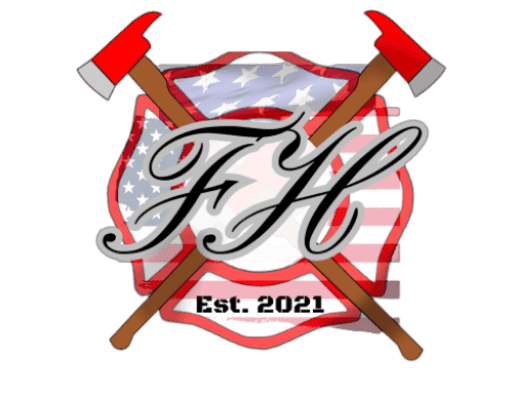
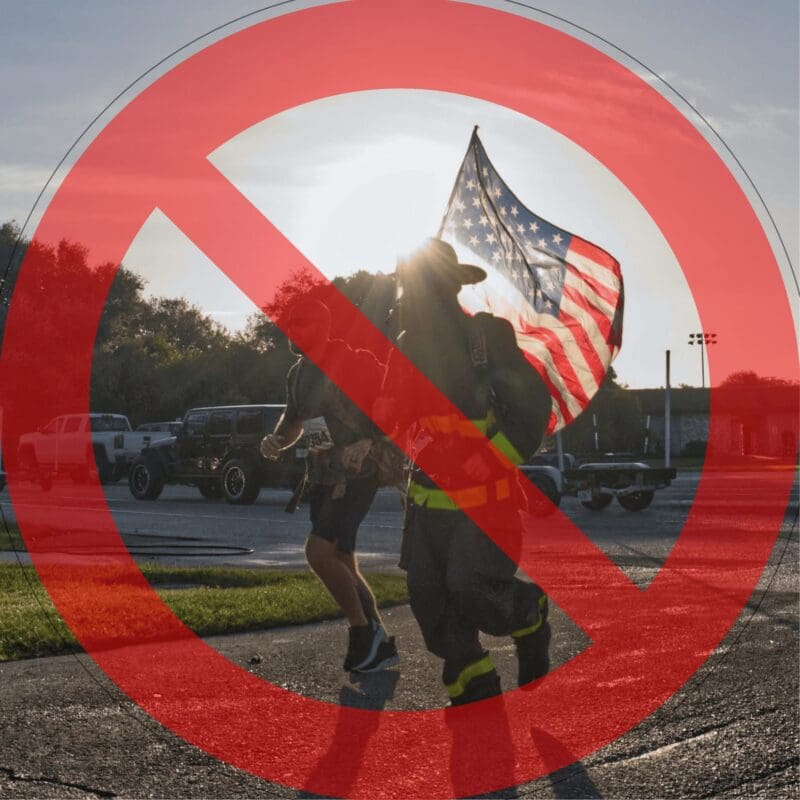
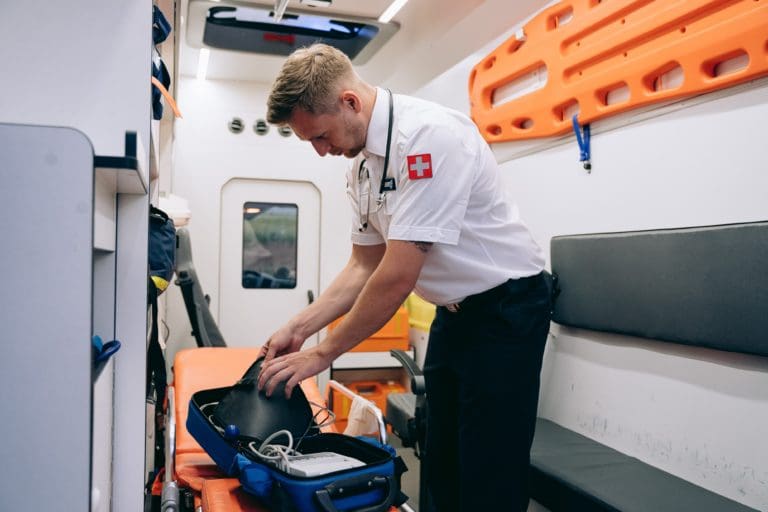
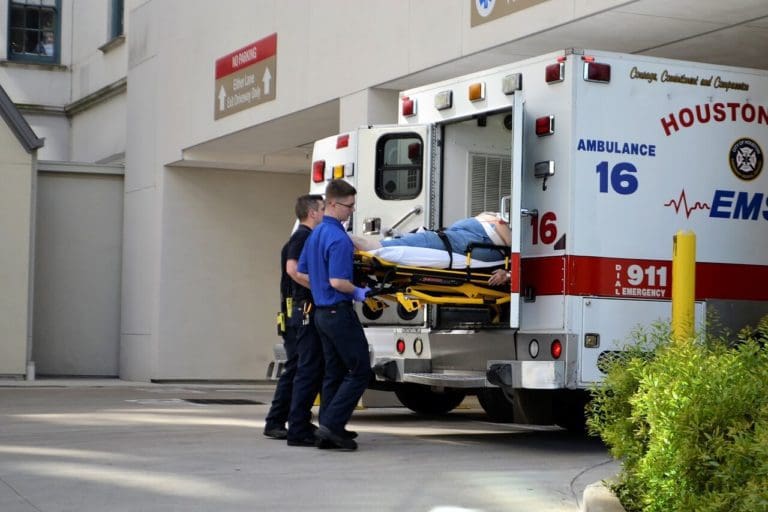
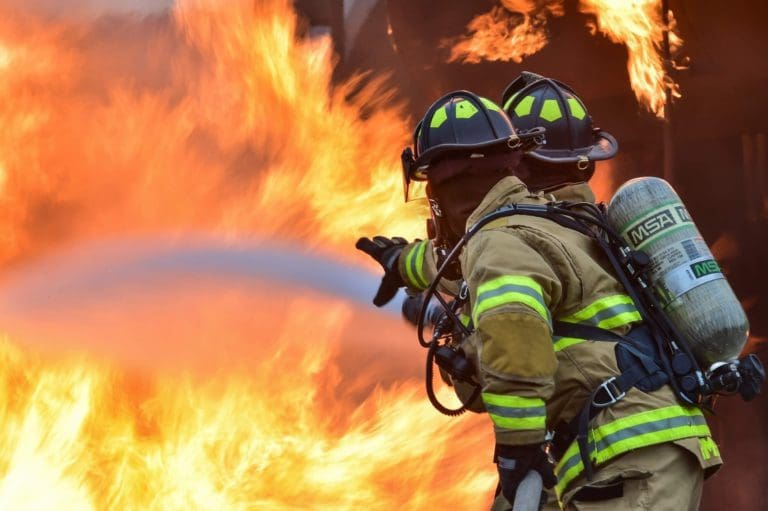


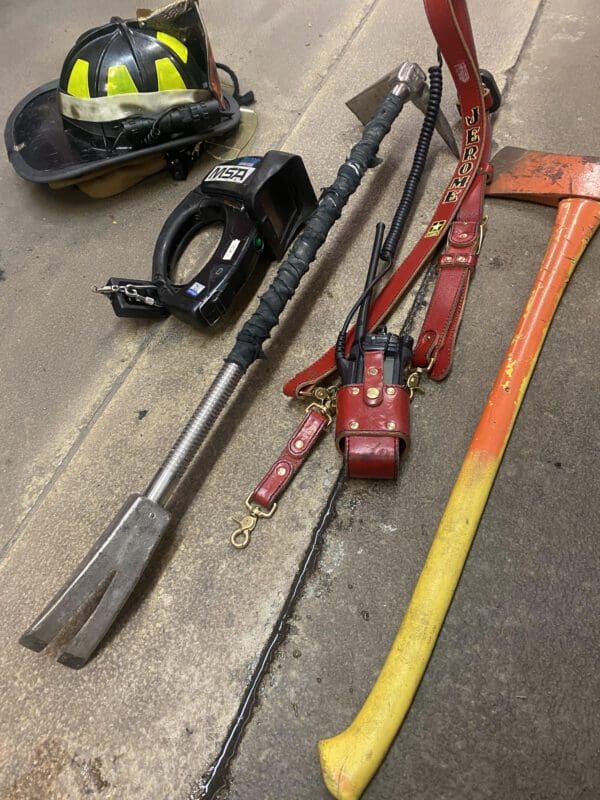

Thank you for your thoughts!
Thanks for your blog, nice to read. Do not stop.
thank you for your kind words